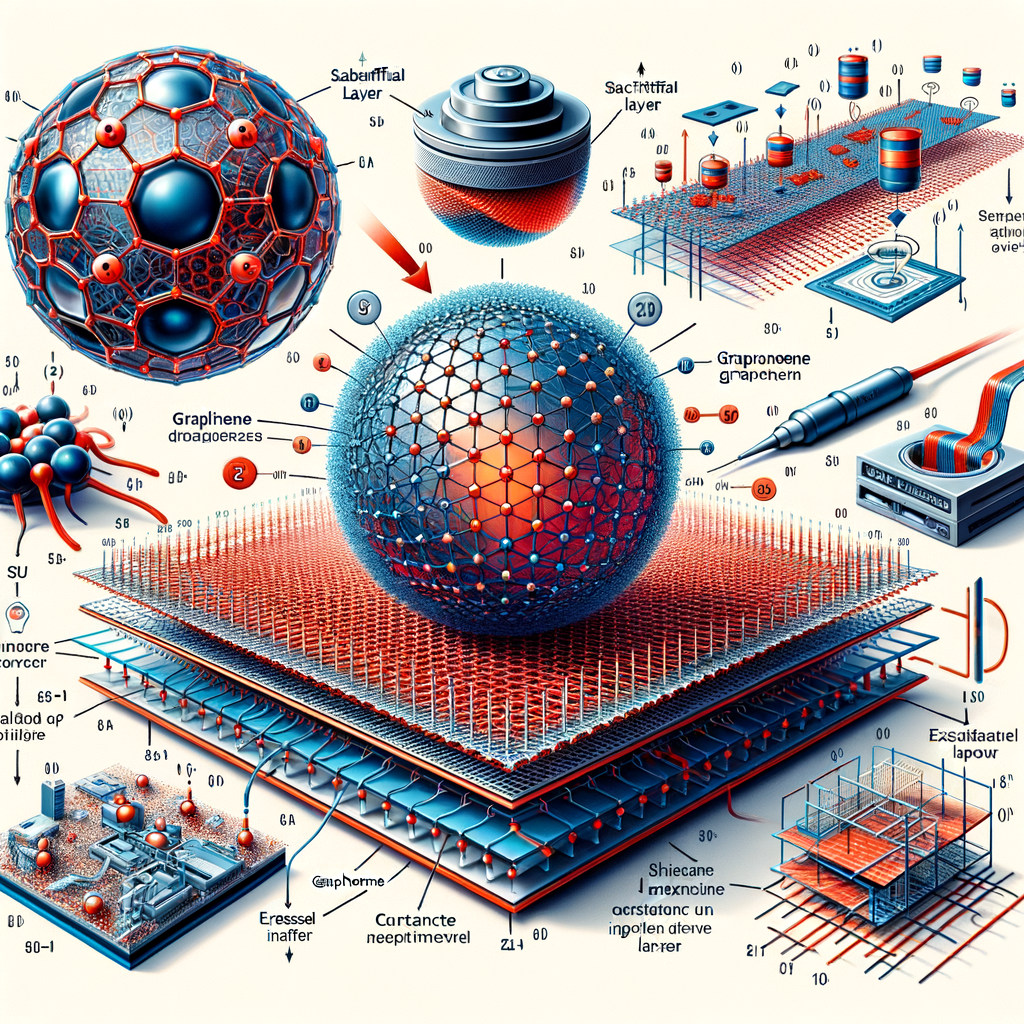Revolutionizing Cancer Treatment with Nanomedicine
Innovations in nanomedicine are forging new pathways in cancer research, promising to transform the landscape of cancer treatment protocols. Arizona State University researchers are at the forefront, developing groundbreaking nanodevices capable of targeting cancer cells to administer drugs precisely where needed. This cutting-edge approach may soon offer a welcome alternative to traditional, more invasive methods like radiation and chemotherapy.
The Potential of Nanomedicine in Cancer Treatment
Nanomedicine, a term that merges the scale of nanotechnology with the ambition of medicine, introduces an intelligent solution to cancer treatment. By creating nanometer-scale devices, scientists aim to deliver cancer-fighting drugs directly to tumor sites, thereby minimizing damage to healthy cells. This method not only promises to improve the efficiency of cancer treatment but also to reduce the side effects associated with traditional treatments.
Challenges and Breakthroughs
Despite its potential, nanomedicine faces numerous challenges, from design to delivery. However, the dedication of researchers like molecular designer and ASU professor Hao Yan illuminates the path forward. Their efforts to develop nanodevices that can navigate the complex environment of the human body to deliver drugs directly to cancer cells underscore the innovation driving this field. Such breakthroughs herald a new era of precision medicine, where treatments are tailored to the unique genetic makeup of a patient’s cancer.
Beyond Standard Cancer Treatments
The advent of nanomedicine offers hope for moving beyond the standard treatments of chemotherapy and radiation, known for their broad and often deleterious impact on the body. By isolating the treatment strictly to cancerous cells, nanomedicine aims to spare patients from the toxic effects of conventional cancer therapies.
The Future of Cancer Treatment
While the journey from lab to the clinic is lined with regulatory and practical hurdles, the promise of nanomedicine in transforming cancer treatment is undeniable. It reflects a broader shift towards more humane, precise, and effective treatment methodologies. As researchers continue to explore and refine this technology, the dream of a cancer treatment that minimizes harm while maximizing efficacy draws ever closer to reality.
Conclusion
Nanomedicine stands at the precipice of revolutionizing cancer treatment. With its promise of precision targeting and reduced side effects, this burgeoning field offers hope to millions of cancer patients worldwide. As technology advances and understanding deepens, nanomedicine may soon redefine what it means to treat cancer, marking a significant leap forward in both medicine and patient care.







